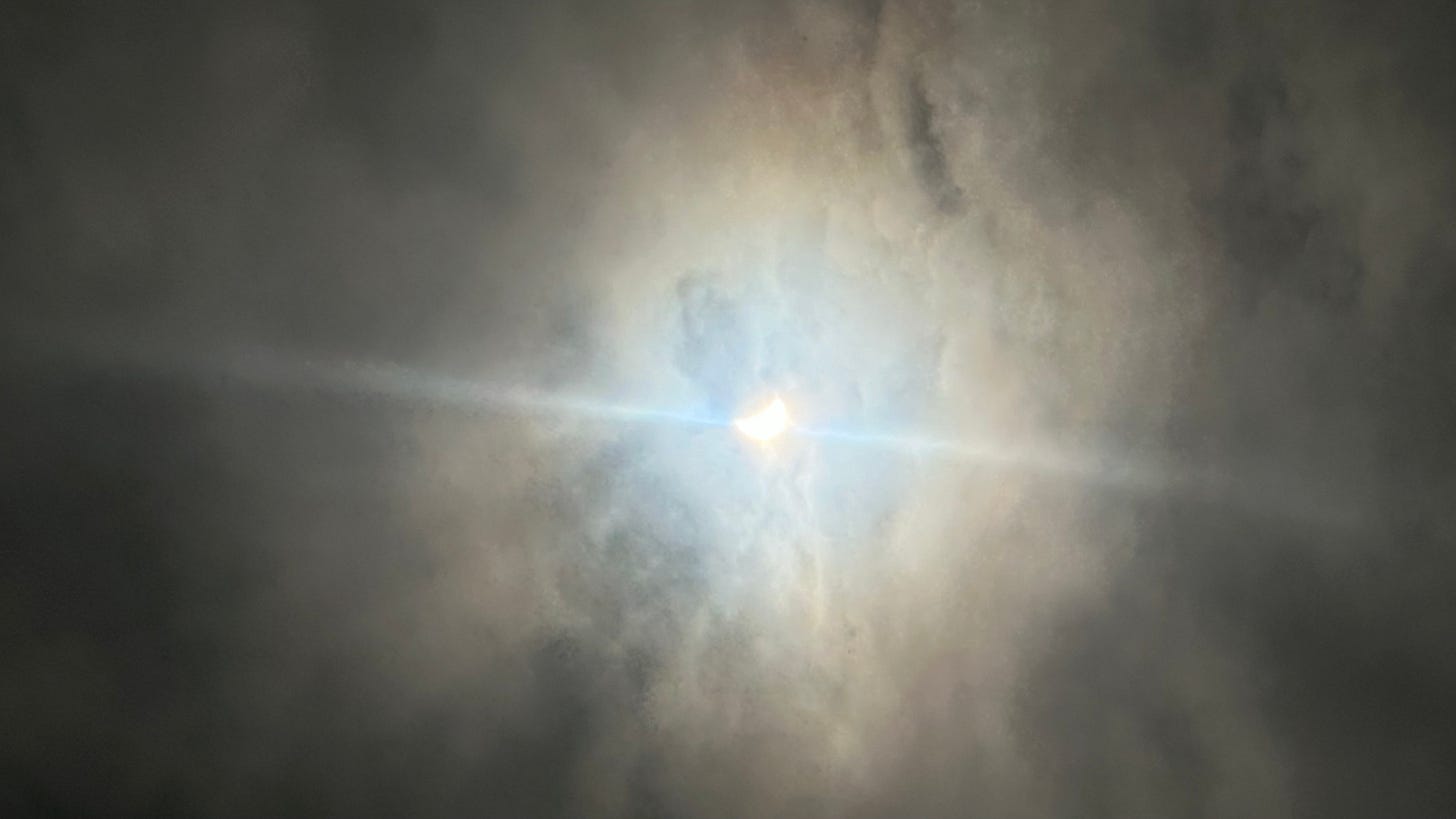In our endarkened times, it is increasingly popular to speak on meaninglessness (of life and “capitalism”) as if the masses have adopted a nihilistic worldview in unison, akin to a demoralized schizophrenic.
Meaninglessness is often a fallacy, a luxurious illness, a misguided way to describe what one superficially opposes while revealing what one does not understand—avoidance as an excuse not to think, a lack of perspective. The label “meaningless” is easy, but what lacks effort seldom contains any substance.
The meaning of something is an aftertaste, a retrospective understanding; ipso facto, we do not and cannot fully understand the “meaning” of the present. We can only fully appreciate something when it is away from us, when it is gone. We have to lose something, someone, to gain meaning, to understand its purpose. This absence reveals something uncomfortable about human nature. Negation—the lack of—is the human condition, a necessary quality of life. What is a grander driver than the lack of?
If we can only understand the true meaning of something after the fact, “meaningless” is a conclusion, a value judgment from the end. A proxy for “I know everything” (or “I knew everything”)—all there was to know, is to know, and will to know. “Meaningless” is the loss of doubt, the Death of one’s mind.
I walk as a parody of intellect rather than intellect itself—a fool with a confident mask. Perhaps that is my true self, the one who thinks they know more than they know. Confident in my confidence, I overestimate myself—regarding what I do not understand as foolish and meaningless. What I despise is often a mirror; when I say hate or dislike something, it reveals myself more than anything else. What am I but a reflection of accrued biases mixed with biased reflections? Ultimately, intellect exists in removing bias—education as the true liberator.
Knowledge is blinding—only when we think we know something do our biases come into play, defacing the art of life—the unknown. Perhaps the adage “know what you do not know” is misguided. Rather, we should become stupid. There is clarity in not knowing, not thinking—it is pure, beautiful innocence. We should forget what we know and know when to forget—a clean slate, a self-purge. Voluntary amnesia to restore curiosity, the childlike state.
The will to doubt is the essence of life, an indicator that there is something more; something I do not know, cannot know, and will not understand. Doubt is life flirting with meaning.
Perhaps, “what is the meaning of life” is not a question of life, but rather Death. Birth is the start of life, swapping nothing for something—the capacity, the chance to grow. Death, an end, as a merchant of meaning, exchanging the absence of something for meaning—the facilitator for a retrospective understanding. Death actualizes the meaning of life. Death evokes dread, a heavy emotional humidity that lingers the more one thinks of it, an avoidance of reality. But should we not seek out what we avoid? Why run from the inevitable? Perhaps the fear of Death is the fear of life, a manifestation of the fear of being forgotten—how mortal, all too mortal. To live life or be a brief reminder of life—a fading memory of what “could have” been, a memorial of opportunities lost.
The capacity to end (mortality) and Death are meaningful. Imagine a concert with no end. Wagner’s Tristan Chord, but forever—we cannot even imagine how painful that would be. Something that never ends cannot have meaning. Something has to have the capacity to end, or else it exists as a neutered version of life, or maybe it was never alive to begin with. By virtue of an end, we are blessed with meaning. We only live if we can die.
If I died tomorrow, would I re-live my life today—again and again—for all eternity? If I could replay my life as it has been, would I be satisfied with what I see? If life is but a play, and I am the playwright, I am solely responsible for the story and its end. Life bears no ill to me and I bear no ill to life. I am walking towards death, but I am not dead yet.
Life is the supreme good, the greatest gift.
And we will never be enough—that is the point; “enough” implies an end, a Death, one’s limit. There will always be someone better, something to doubt, and we will never be satisfied. Perhaps that is the best justification we have for optimism—and nihilism.
“Meaningless” is a confession that there is nothing more to experience, learn, and create, exposing the borders of one’s horizon, the limit to one’s creativity and intelligence. The search for “meaning” is also a fruitless endeavor, as one does not find the end; one arrives at an end. The search for “meaning” and the confession of “meaningless” are a mirage, simultaneously acting as the false question and answer for “what is at the end?” We cannot change the past, and the end is unknown—but the future is up to us because it is yet to happen.



